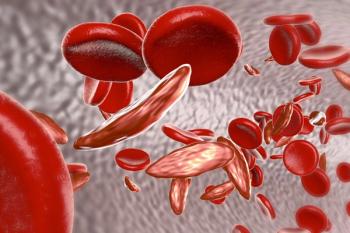
The therapy attempts to restore fetal hemoglobin production.

The therapy attempts to restore fetal hemoglobin production.
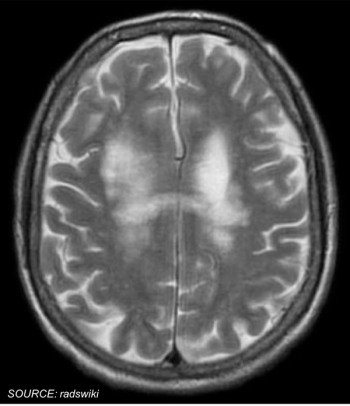
The investigators hope to gain FDA approval on the treatment so they can treat more patients.

New research highlights the potential of fetal gene therapy to prevent and cure neonatal lethal neurodegenerative diseases in humans in utero.
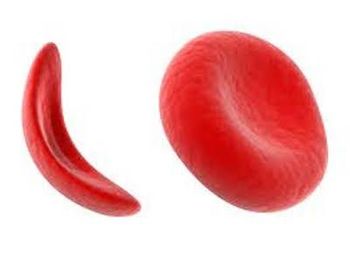
New findings suggest that a specific hemoglobin production protein could be a target for therapy in sickle cell disease or beta-thalassemia.

Researchers discovered a clinically translatable gene therapy protocol, which is a gene delivery system that introduced the production of therapeutic clotting proteins in platelets, so that the inhibition of inactivating antibodies is avoided.
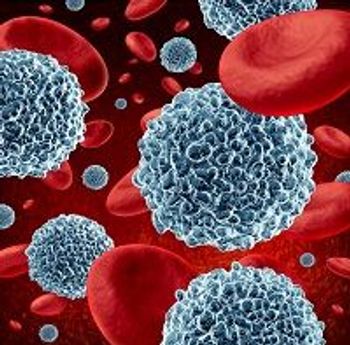
Researchers compared the B cells of patients with multiple sclerosis and healthy patients, specifically examining granulocyte macrophage colony stimulating factor (GM CSF), in order to determine their role in interactions between other immune cells within MS.

Non-viral gene therapy can temporarily reduce painful diabetic neuropathy, according to research from Northwestern Medicine.
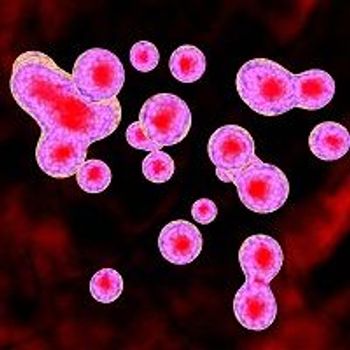
Stem cell therapy for multiple sclerosis is effective at 3-year follow up, according to research published in JAMA Neurology.

A gene therapy treatment for men with hemophilia B proved effective, and the researchers involved in the study estimate it saved $2.5 million for the trial's patients.
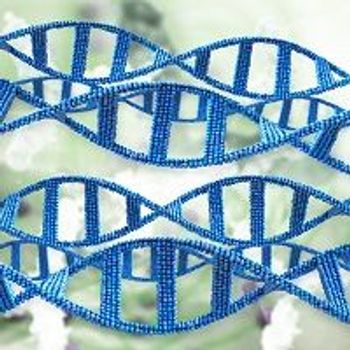
Patients with multiple sclerosis who received stem cell therapy instead of treatment with mitoxantrone achieved better outcomes over a 4-year-period.

Published: July 25th 2018 | Updated:
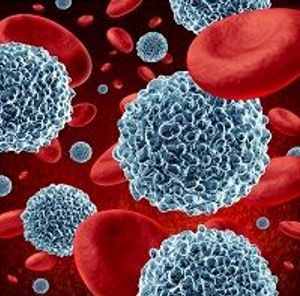
Published: December 29th 2015 | Updated:
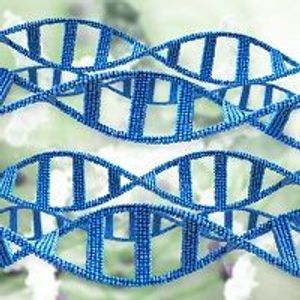
Published: February 20th 2015 | Updated:
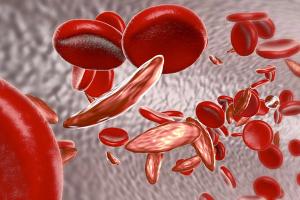
Published: December 3rd 2018 | Updated:

Published: July 11th 2016 | Updated:
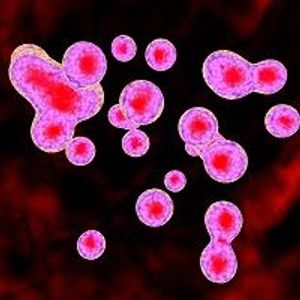
Published: April 6th 2015 | Updated: